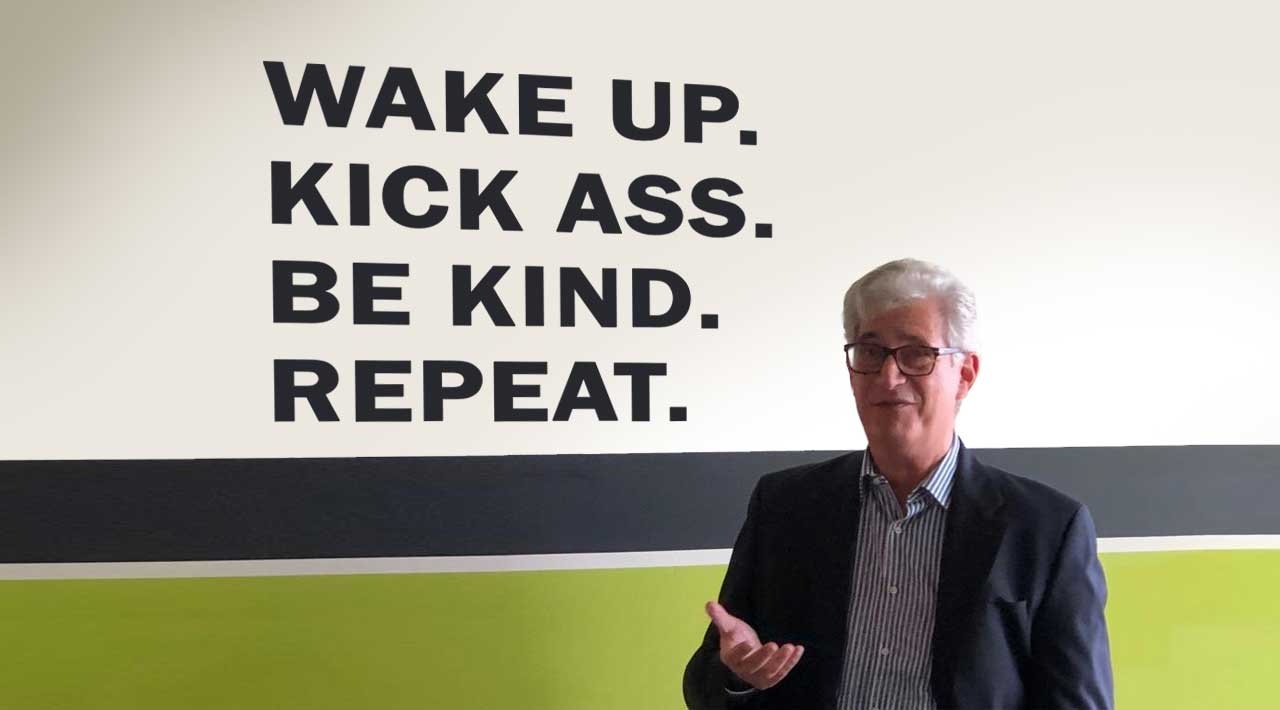
By Bernard Siegel
August 6, 2018 – Pittsburgh, Pennsylvania –
I spent 2 days in Pittsburgh immersed in the life science scene. My home base was the impressive, new headquarters at LifeX – https://www. lifexventures.com, an incubator and one stop shop for scientific insight, strategic guidance, marketing plans and contract negotiations. A key component is LifeX Capital, providing seed and venture funds. The leader of LifeX is renowned genomics and industry expert, Dr. Dietrich Stephan.
Pittsburgh has been long recognized for its contributions to regenerative medicine. Perhaps the best example is at the UPMC McGowan Institute for Regenerative Medicine – http://www.mirm.pitt.edu. There, clinicians and researchers are developing artificial organs, cell-based therapies, tissue engineering and outcomes with innovative protocols.
Pittsburgh’s contributions extend to computational power and AI taking place at Carnegie Mellon University and specifically at the relatively new Disruptive Health Technology Institute – http://www.dhti.cmu.edu/dhti/ that is backed by Highmark, Allegheny Health Network and The Heinz Endowments. AI will soon be the binding accelerator for regenerative and restorative medicine.
I provided a talk for the weekly Pittsburgh Bio Breakfast – http://www.biobreakfast.com – a weekly meeting at LifeX. It was a great audience, fabulous breakfast (strong coffee-a necessity) and superb networking.
Pittsburgh was once the home of mighty steel foundries. In the 21stCentury, Pittsburgh’s new foundries are manufacturing medical breakthroughs.

